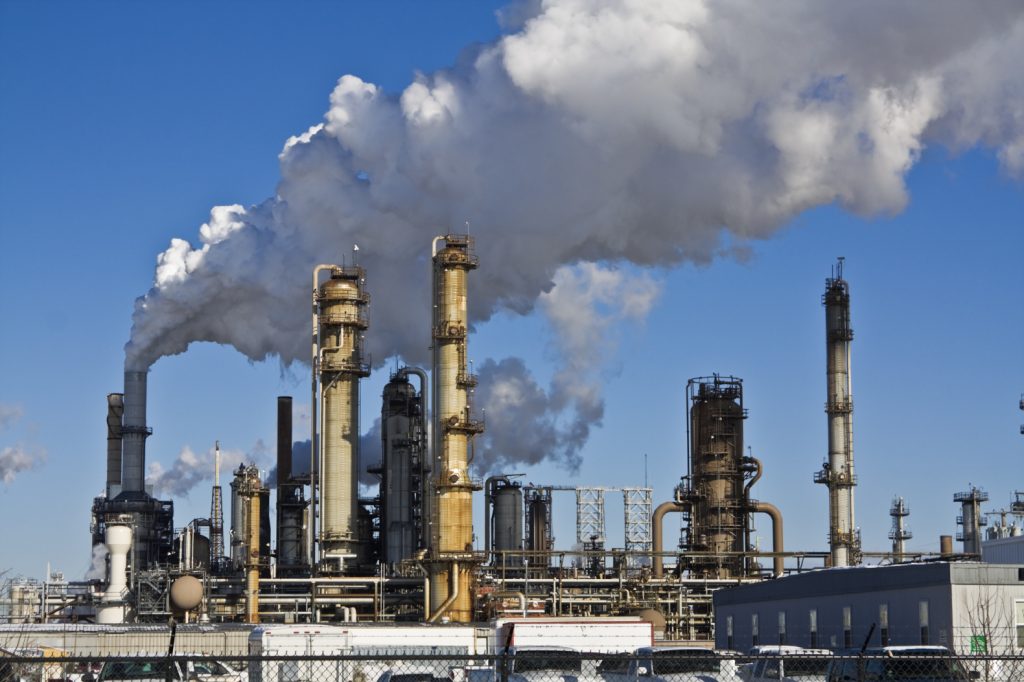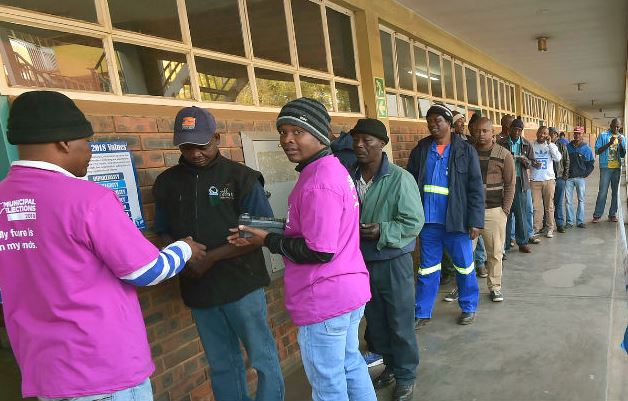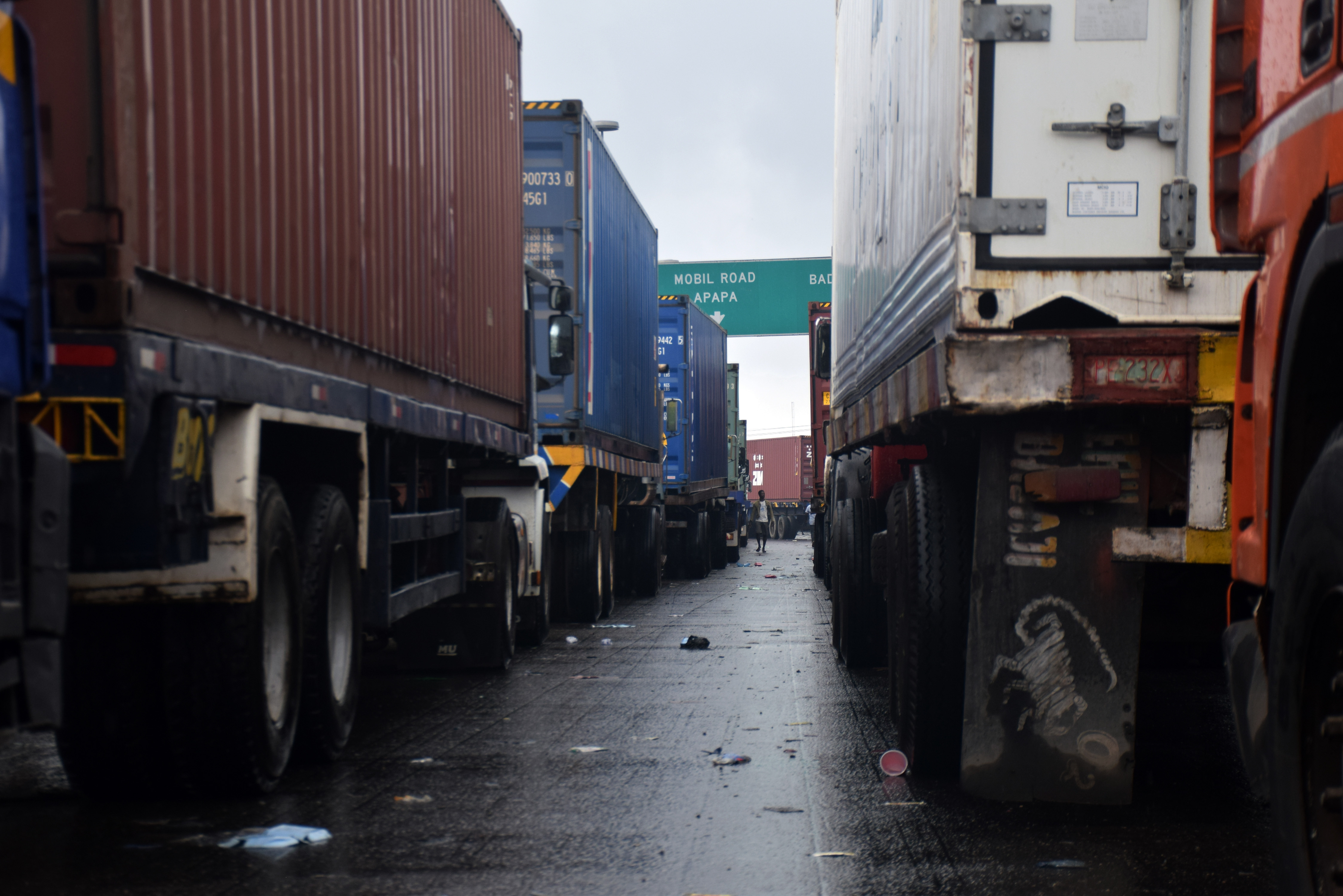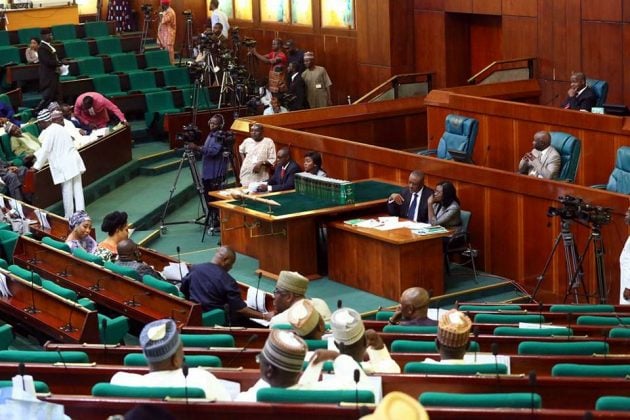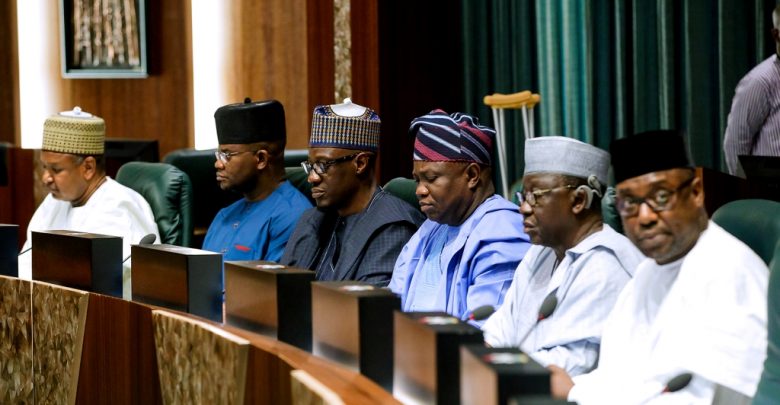BY FOLAWIYO KAREEM OLAJOKU
It has long being said that oil is the mainstay of the Nigerian economy and often times, the budget of Nigeria is prepared in line with benchmark from the sale of the nation’s crude but according to a recent study by Afrinvest, a leading investment banking firm stated that, Nigeria is not an oil producing country but a human capital producing country due to diaspora flows exceeding gross oil revenue.
Diaspora remittances as at 2018 was $25.1bn while Gross oil revenue for 2018 was $18.2bn and the 2019 capital expenditure budget is $6.7bn. Gross oil revenue comprises of crude oil and gas sales, petroleum profit tax and royalties. According to these figures, categorically, Nigeria is a human capital producing country because diaspora flows far exceeds gross oil revenue receipts.
Human capital is a collection of traits – all the knowledge, talents, skills, abilities, experience, intelligence, training, judgment, and wisdom possessed individually and collectively by individuals in a population.These resources are the total capacity of the people that represents a form of wealth which can be directed to accomplish the goals of the nation or state or a portion thereof. In the context of Nigeria, these human capitals are being exported daily due to non-availability of accommodation of such individuals in various respective sectors of the economy.Doctors, Nurses, Engineers, ICT professionals, academics, researchers, and a host of others leave the country in search for greener pastures due to unfavorable circumstances in the Nigerian job market space. Our educational system is one of the cheapest in the world, our medical schools or legal institutions are very affordable compared to universities abroad. We produce brilliant minds who ended up leaving the shores of the country and become key players overseas in their respective industry. We lose the best minds to the international job market every day thereby being one of the leading countries in human capital export.
Advertisement
Human capital is the fundamental source of economic growth. It is a source of both increased productivity and technological advancement. In fact, the major difference between the developed and developing countries is the rate of progress in human capital. The underdeveloped countries need human capital to staff new and expanding government services to introduce new systems of land use and new methods of agriculture, to develop new means of communication to carry forward industrialization and to build the education system. How then do we attain sustainable economic growth and development when we continuously lose our human capital assets?
Policy makers should seek modalities in which the need to seek greener pastures overseas will be less attractive through the building of strong institutions which will accommodate merit as a tool for job placement or growth rather than the continuous existence of personal ruleparadigm and patrimonialism.
Kareem Olajoku, PhD, is development practitioner, FKO Investments and Research.
Advertisement
Views expressed by contributors are strictly personal and not of TheCable.
